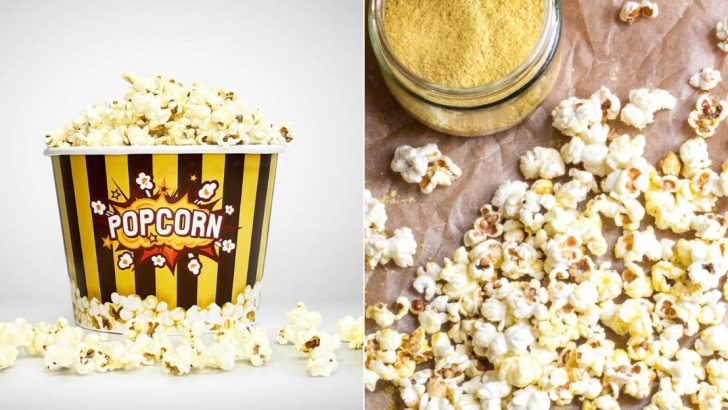Popcorn isn’t just a movie theater staple – it’s actually a whole grain with surprising health benefits!
Many of us munch away without knowing what’s really popping in our snack bowls.
Nutritionists have some eye-opening facts about this crunchy treat that might change how you enjoy your next handful.
1. Air-Popped Beats Microwave Bags
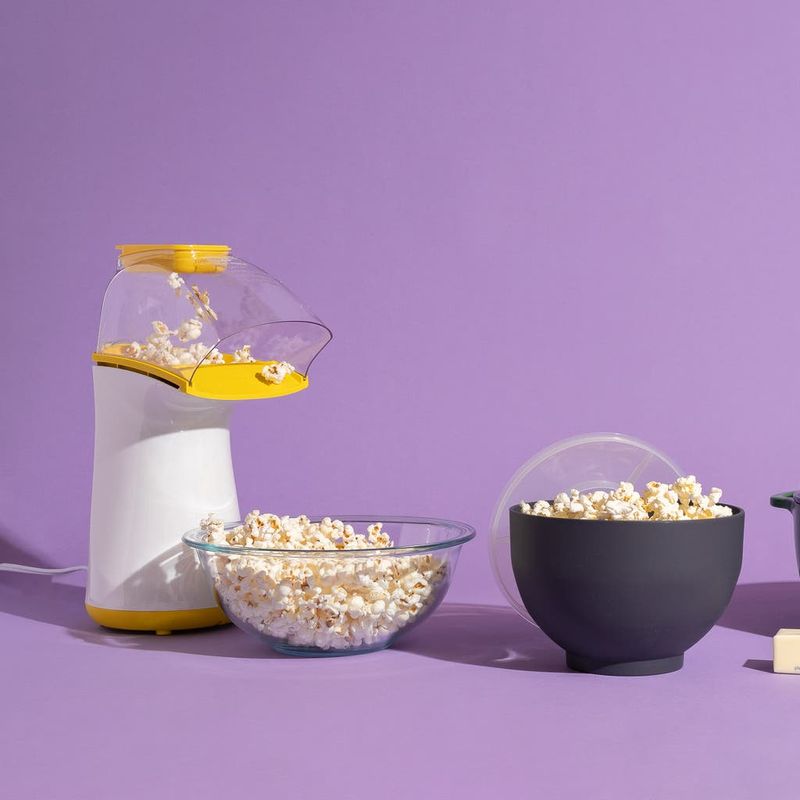
Forget those convenient microwave bags! Air-popped popcorn contains about 30 calories per cup compared to 80+ calories in microwave varieties. Why such a difference? Microwave versions swim in oils, artificial flavors, and preservatives that nutritionists warn against. Making the switch could save you hundreds of empty calories during your next movie marathon!
2. Surprisingly High In Fiber
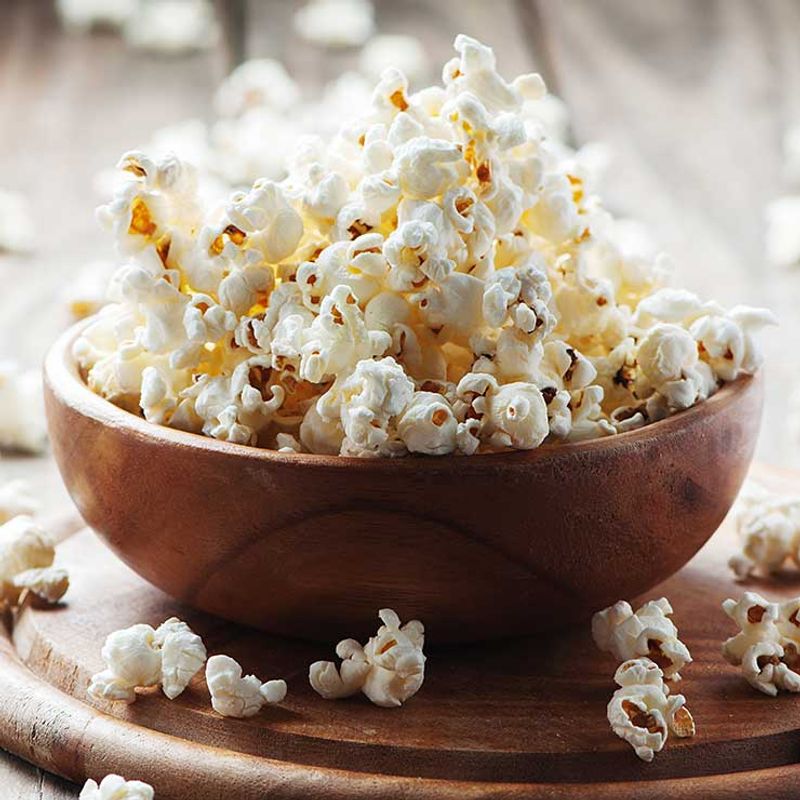
Would you believe that a single serving of popcorn delivers nearly 4 grams of fiber? That’s more than many fruits! Fiber keeps your digestive system running smoothly and helps you feel fuller longer. Munching on this crunchy snack between meals might actually prevent overeating later. Who knew such a fun food could be so functional?
3. Movie Theater Popcorn Shocker

Yikes! A large movie theater popcorn with butter contains approximately 1,200 calories and 60 grams of fat. That’s nearly a day’s worth of calories in one bucket! How outrageous is that? Nutritionists recommend splitting with friends or bringing your own healthier version. Don’t let the silver screen seduce you into consuming such a calorie bomb!
4. Ancient Snack With History
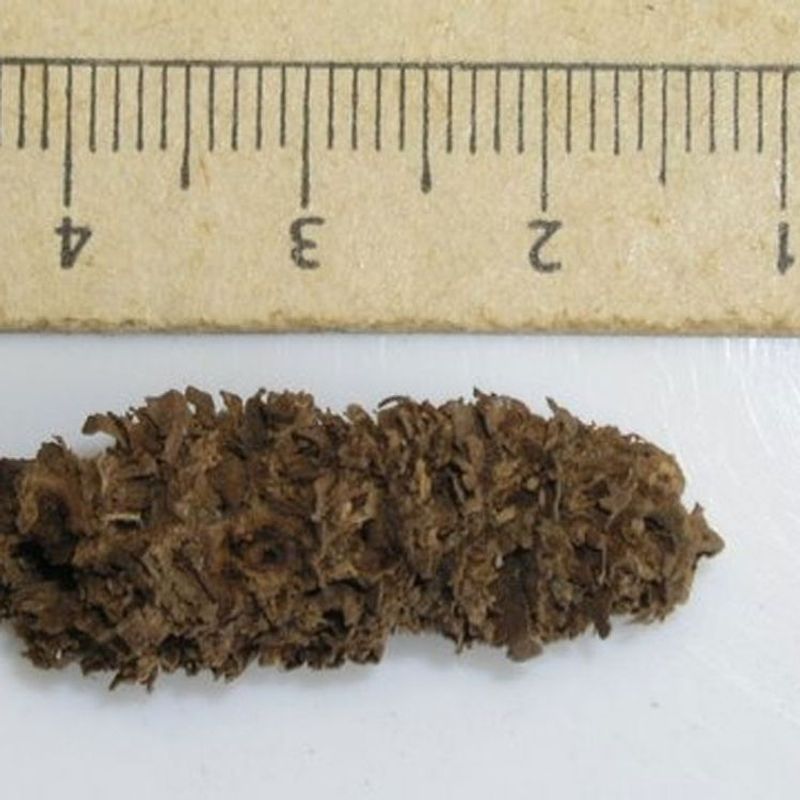
Ever wondered how long humans have been enjoying popcorn? Archaeological discoveries found popcorn kernels in New Mexico caves dating back 5,600 years! Native Americans were popping corn long before Europeans arrived. Though ancient popcorn wasn’t served with butter and salt, this crunchy treat has stood the test of time as humanity’s favorite whole grain snack. Share this fun fact at your next movie night!
5. Sneaky Added Sugars
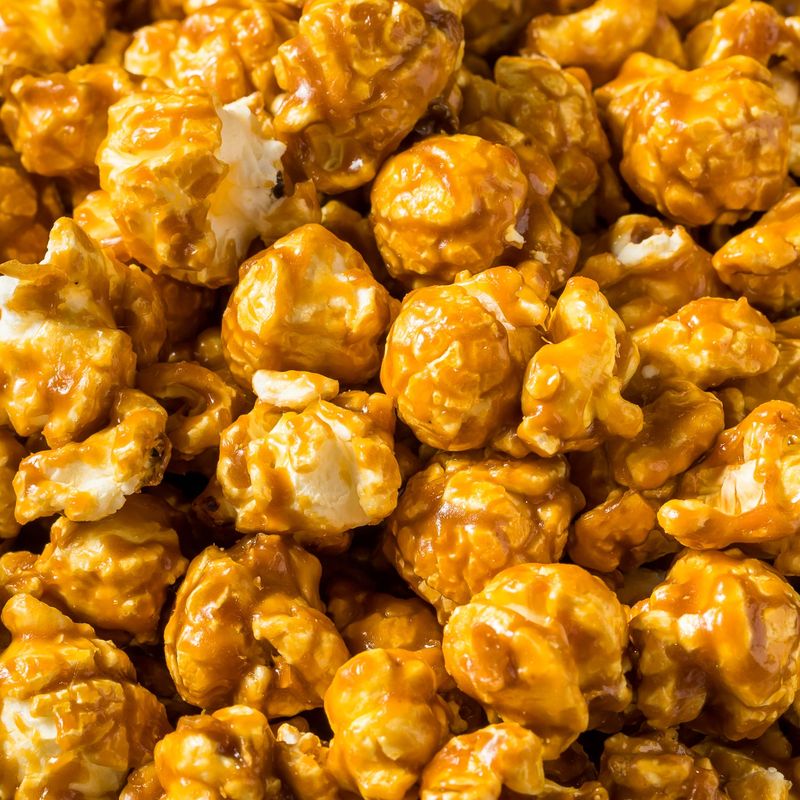
Caramel corn, kettle corn, and flavored varieties often hide shocking amounts of added sugar – sometimes up to 20 grams per serving! What madness! That’s equivalent to 5 teaspoons of sugar in your supposedly healthy snack. Nutritionists recommend checking labels carefully or making your own with a light sprinkle of cinnamon instead of drowning kernels in sugar.
6. Antioxidant Powerhouse
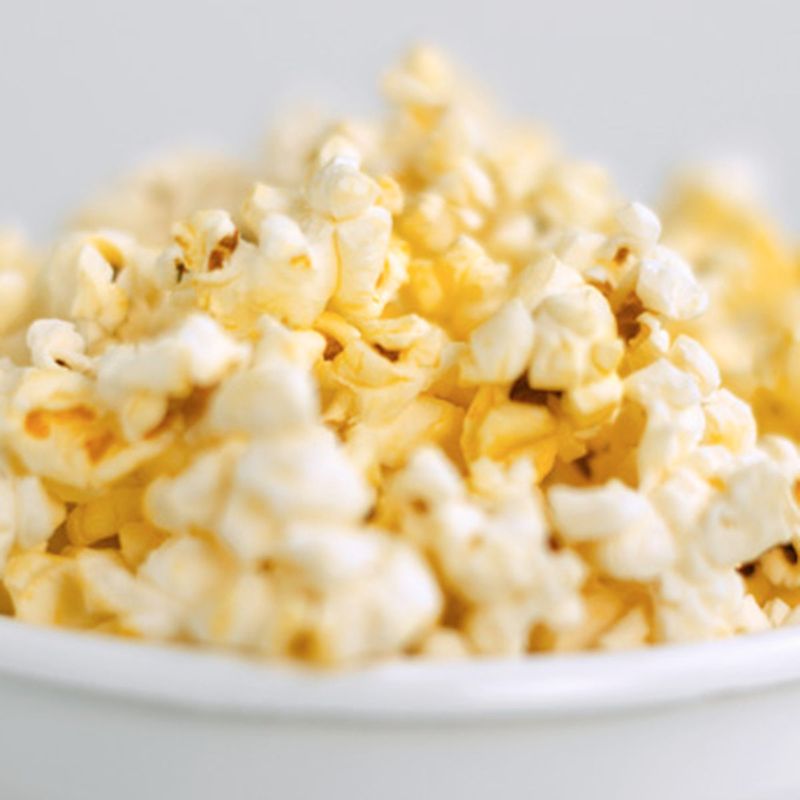
Holy nutrition facts, Batman! Popcorn contains polyphenols – powerful antioxidants that fight inflammation and protect cells from damage. Surprisingly, these compounds concentrate in the hull (those annoying bits that get stuck in your teeth). Though most people discard these parts, nutritionists suggest embracing the entire kernel for maximum health benefits. Consider it nature’s way of delivering medicine with your movie snack!
7. Perfect Portion Control Tool
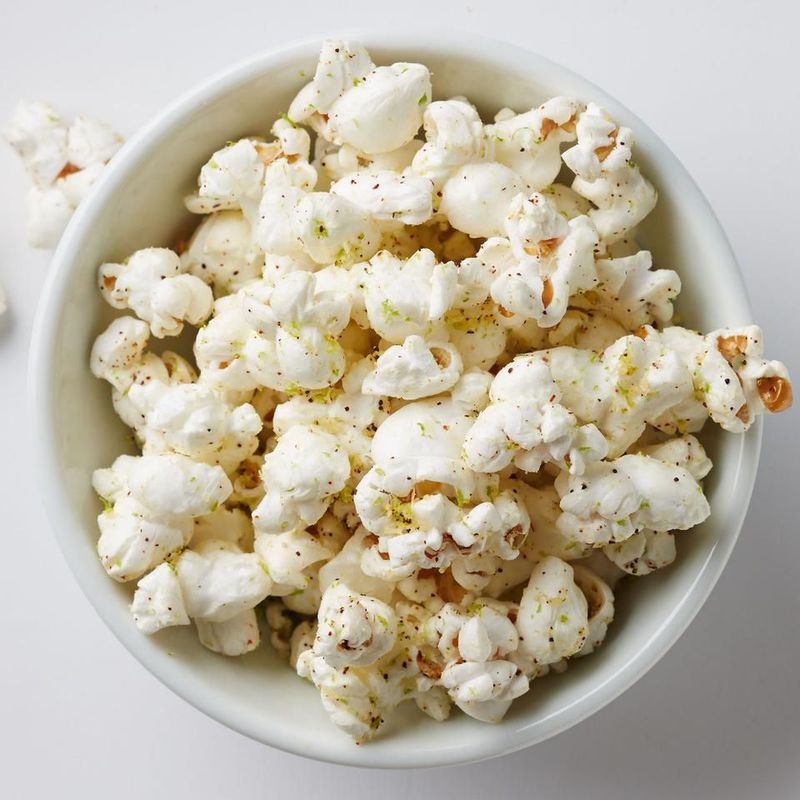
Three cups of popcorn equal one serving of whole grains – making it an excellent portion-controlled snack! Unlike chips where a handful quickly becomes half a bag, popcorn’s volume tricks your brain into feeling satisfied with fewer calories. Smart snackers use popcorn’s fluffy nature to their advantage when managing weight. Try measuring your next batch to see how much three cups really is!
8. Sodium Bomb Warning
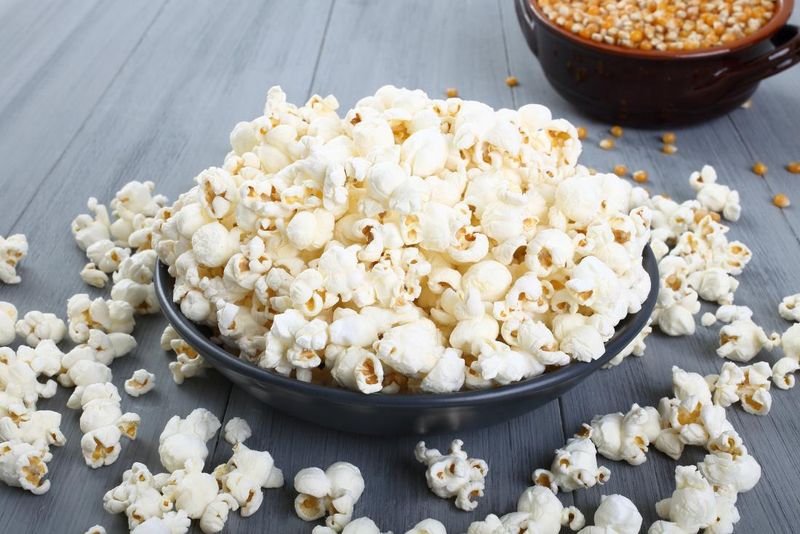
Watch out! Many pre-packaged popcorn varieties contain alarming sodium levels – some packing 300+ mg per serving. High sodium intake contributes to high blood pressure and heart disease. Nutritionists recommend choosing low-sodium varieties or making your own with herbs and spices instead of salt. Your taste buds will adapt to less sodium after just a few weeks!
9. Beware The Artificial Butter
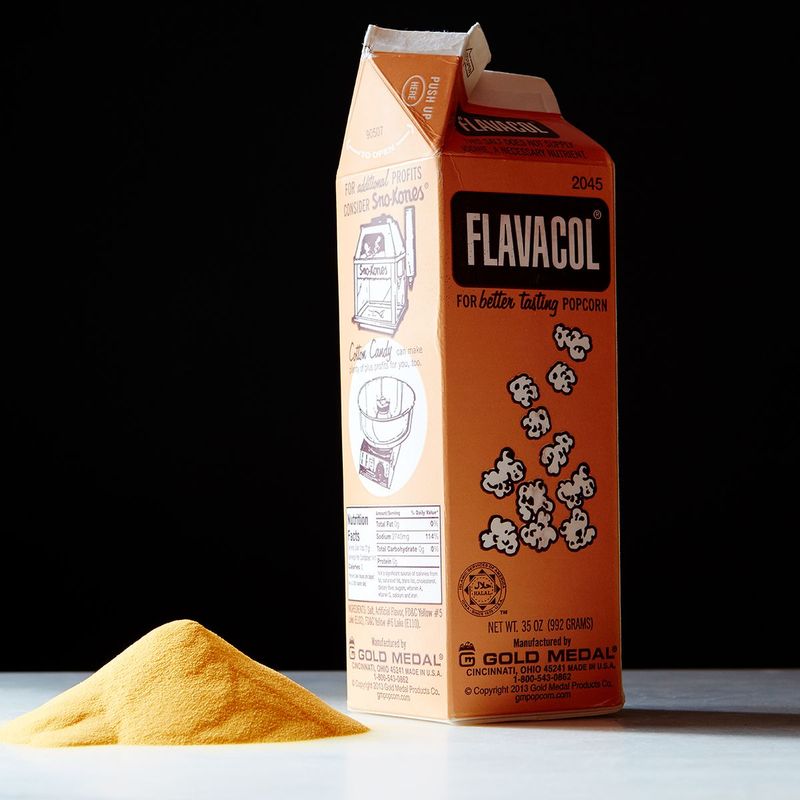
That yellow “butter” topping at movie theaters? It’s actually flavored oil containing diacetyl – a chemical linked to respiratory problems! Factory workers exposed to diacetyl have developed serious lung conditions. While occasional exposure probably won’t harm you, nutritionists caution against regular consumption. Perhaps real melted butter at home is actually the healthier choice compared to this laboratory concoction!
10. Mindless Munching Danger

Zoning out during a Netflix binge? You might consume 2-3 times more popcorn without realizing it! Mindless eating leads to overconsumption even with healthy foods. Nutritionists suggest portioning popcorn into a small bowl rather than eating from the bag or large container. When the bowl’s empty, you’ll have a visual cue to decide if you really need more.
11. Non-GMO Matters
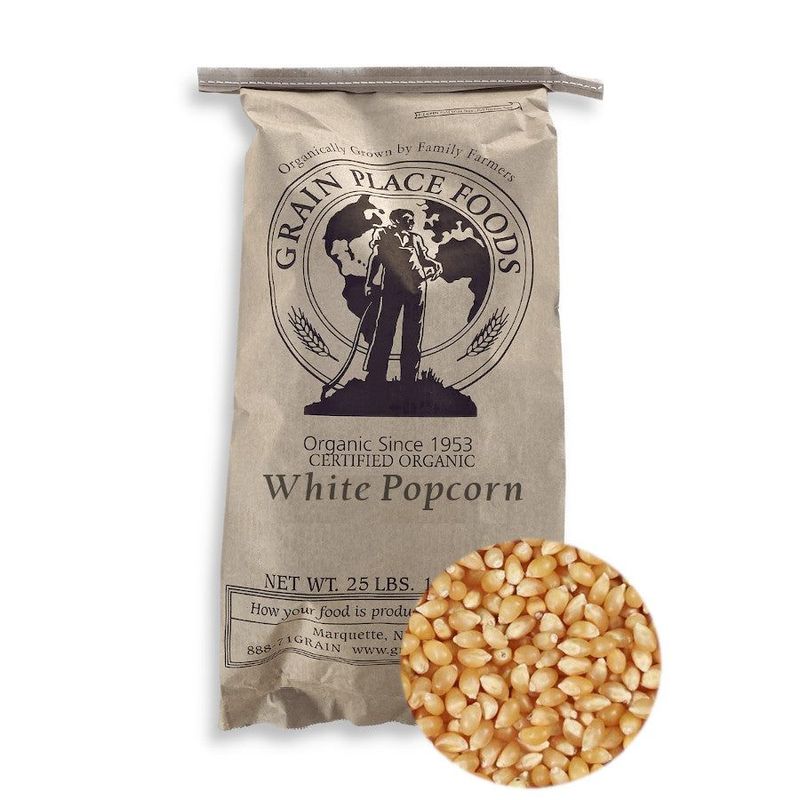
Approximately 92% of U.S. corn crops are genetically modified, including many popcorn varieties! Whether GMOs concern you or not, nutritionists highlight the importance of knowing what’s in your food. Brands offering organic or non-GMO verified popcorn provide alternatives for those seeking more natural options. Check packaging for certification symbols if this matters to you!
12. DIY Flavor Boosters
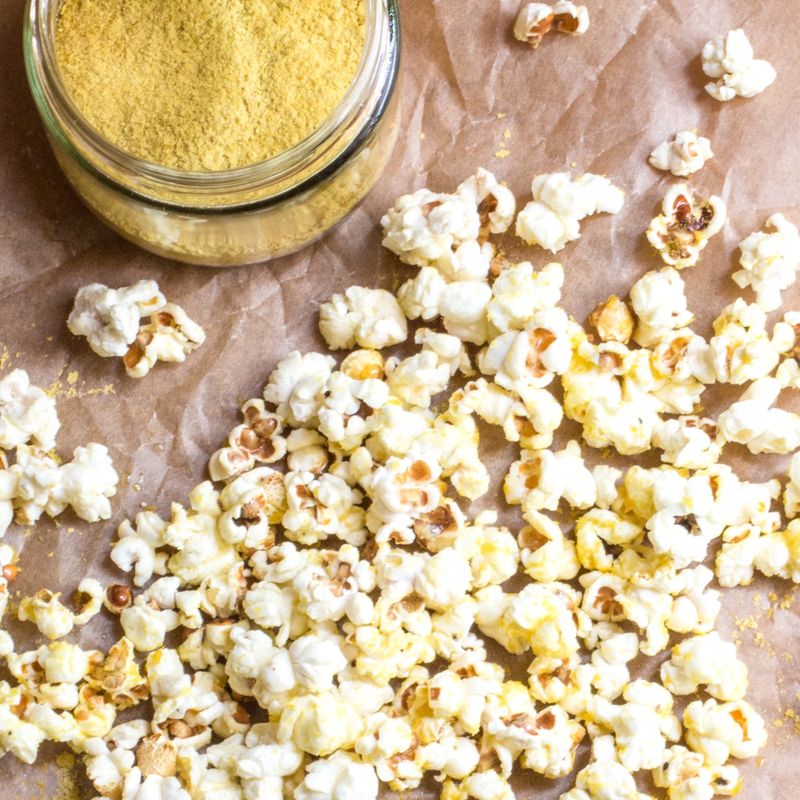
Ditch boring popcorn! Nutritionists love adding nutritional yeast for a cheesy flavor and B vitamins, or sprinkling turmeric for anti-inflammatory benefits. How about curry powder, cinnamon, or even cocoa powder? These flavor enhancers add negligible calories while delivering health benefits and satisfying taste buds. Experimenting with spices transforms this simple snack into a gourmet treat without the guilt!
13. Choking Hazard For Little Ones

Parents beware! Children under four shouldn’t eat popcorn due to serious choking risks. The kernel shape and light weight make popcorn easy to inhale accidentally. Nutritionists and pediatricians unanimously agree this snack should be reserved for older children who can chew properly. No movie treat is worth a trip to the emergency room!
14. Popcorn Diets Don’t Work
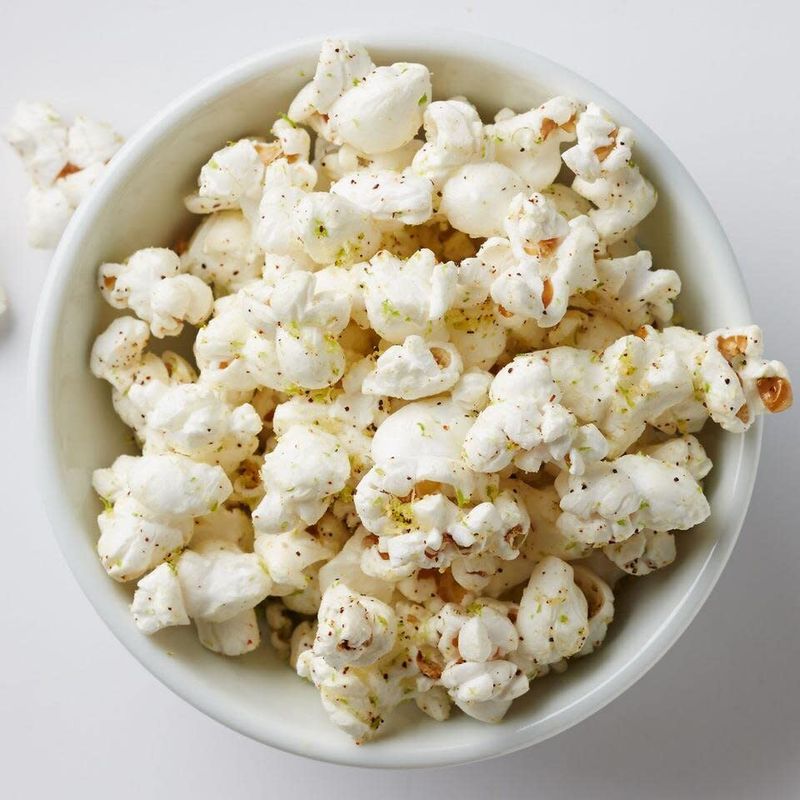
Heard about the popcorn diet? Run away fast! While low in calories, popcorn lacks sufficient protein and nutrients to be a meal replacement. Nutritionists cringe when clients confess to surviving on popcorn for weight loss. Though it makes a great snack, your body needs balanced nutrition from diverse food sources. Anyone suggesting otherwise is full of hot air – just like those unpopped kernels!
15. Sustainable Snacking Choice
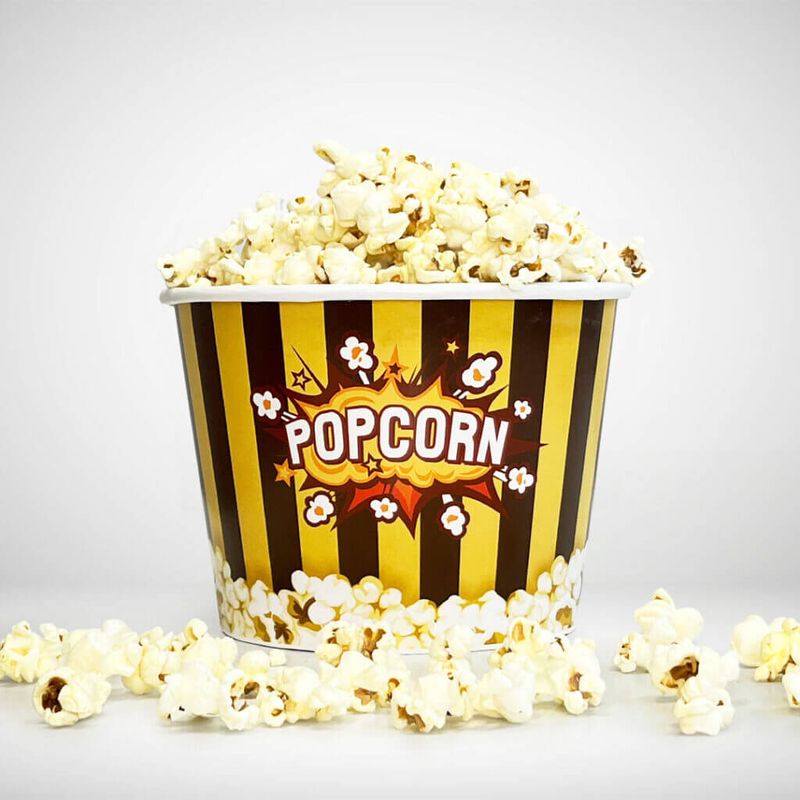
Good news for eco-conscious snackers! Popcorn has a lower carbon footprint than many processed snacks. Growing corn requires less water than nuts, and popcorn’s simple processing uses minimal resources. When choosing organic varieties in minimal packaging, you’re making an environmentally friendly choice. Mother Earth thanks you for your mindful munching habits!

